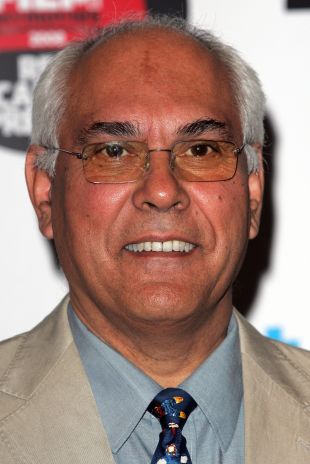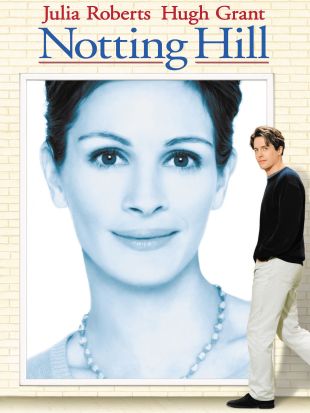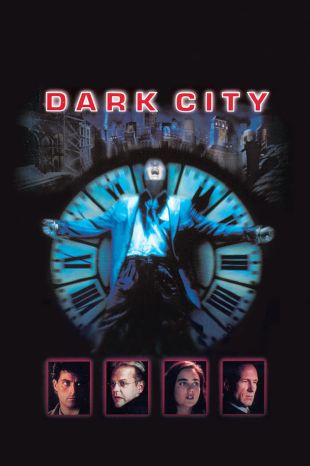Trevor Jones is perhaps one of the most diverse film composers of modern cinema. In his years scoring films, Jones has worked on everything from remarkably intimate, personal dramas (Dominick and Eugene [1988]) to large-scale action blockbusters that only Hollywood can produce (Cliffhanger [1993]). Perhaps his diversity lies in the fact that, unlike other composers, Jones was not inspired by what he heard during his early years of soaking in cinema, but what he didn't hear. Growing up in Cape Town, South Africa, Jones spent much of his youth in the dilapidated Gem Theater opposite his childhood home. The theater had seen better days, and by the time young Jones became a regular, it wasn't unusual for the soundtrack to cut out for long periods during a film. It was the eerie silence -- and the resulting lack of impact that the film had as a result -- that first prompted the knowing young cinephile to realize the power of music in film.
Encouraged by his parents to pursue his love of music and armed with a scholarship to England's Royal Academy of Music, 17-year-old Jones set out to pursue his education abroad. It was during his tenure there that Jones began to garner the attention of the BBC, and before long, the aspiring musician was working as a classical reviewer for them -- a job that ultimately found him accepted as a naturalized citizen of the U.K. A subsequent stint at the British National Film School earned Jones his M.A. in film music and found the curious composer brushing up his knowledge of all aspects of filmmaking. Though knowing the ins and outs of film production did indeed serve Jones well, it was his work scoring the films of his peers that fueled his creativity the most. During his final year at the British National Film School, Jones composed the score for the Academy Award-winning short The Dollar Bottom (1980), and from that point on, there was no turning back.
Through the remainder of the 1970s and into the '80s, Jones worked frequently in film and television, and it was his work on an Irish television series that brought Jones to the attention of filmmaker John Boorman. Though Boorman had planned to score his upcoming film Excalibur (1981) with music cues from Wagner and Orff, the director agreed to let Jones write 55 minutes of music for the film. Subsequent work on The Dark Crystal (1982) led to frequent work on Jim Henson projects in the future, and Jones' compositions for Mississippi Burning (1988) and The Last of the Mohicans (1992) earned him nominations from BAFTA and the Golden Globes. Despite a work ethic that finds him taking on only one film at a time, and perhaps because of his habit of accepting work on both large-scale blockbusters and lesser known independents, Jones averages about three film scores a year. Jones has also been known to work in television, where he scored such popular efforts as Gulliver's Travels (1996), Merlin (1998), and Cleopatra (1999). Following his score for the small-screen fantasy Dinotopia in 2002, Jones composed music for such features as The League of Extraordinary Gentlemen (2003) and Around the World in Eighty Days (2004).



